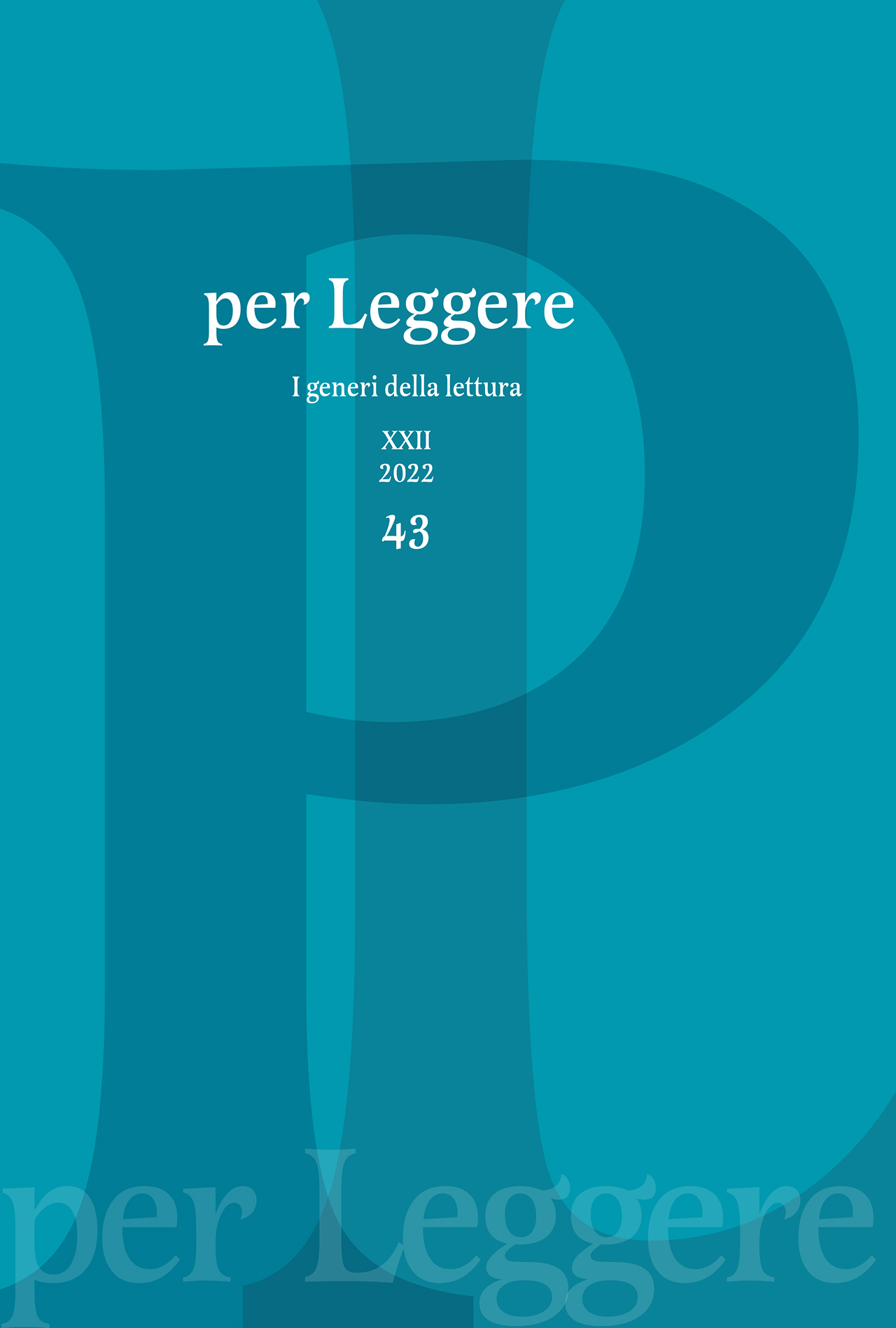Haiku for a season | per una stagione: a contextualization of the work and a commentary on selected texts
DOI:
https://doi.org/10.7347/PLXXII-432022-05Abstract
Haiku for a season | per una stagione consists of ninety-one pseudo-haiku composed in English and translated in Italian by Andrea Zanzotto from 1984 to the last years of his life. The lengthy effort at translation characterizes Haiku for a season as a unicum not only in Zanzotto’s poetry but also in contemporary Italian literature. The paper begins by describing the essential stylistic elements of the traditional Japanese haiku – kigo and kireji – and underlines how Zanzotto adapts their particular characteristics to his poetic writing. Secondly, it focuses on Zanzotto’s prior works, from Dietro il paesaggio to Idioma, following the three thematic ‘constantvariables’ of subject, landscape and language, in order to highlight the thematic substratum underlying the creation of Haiku for a season. After these considerations, the paper proposes the analysis of four selected haiku with frequent retrospective references to Zanzotto’s previous books. Lastly, the paper shows a hypothetical inner structure of Haiku for a season supported mainly by the coherent seasonal progression according to which several poems are organized, deeply related to the severe depression from which he suffered, especially in 1984.


